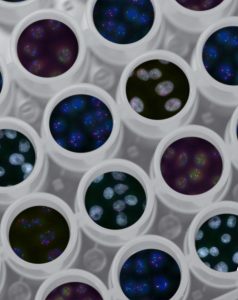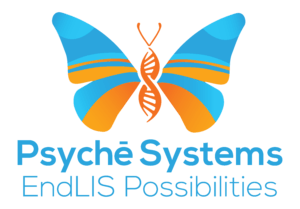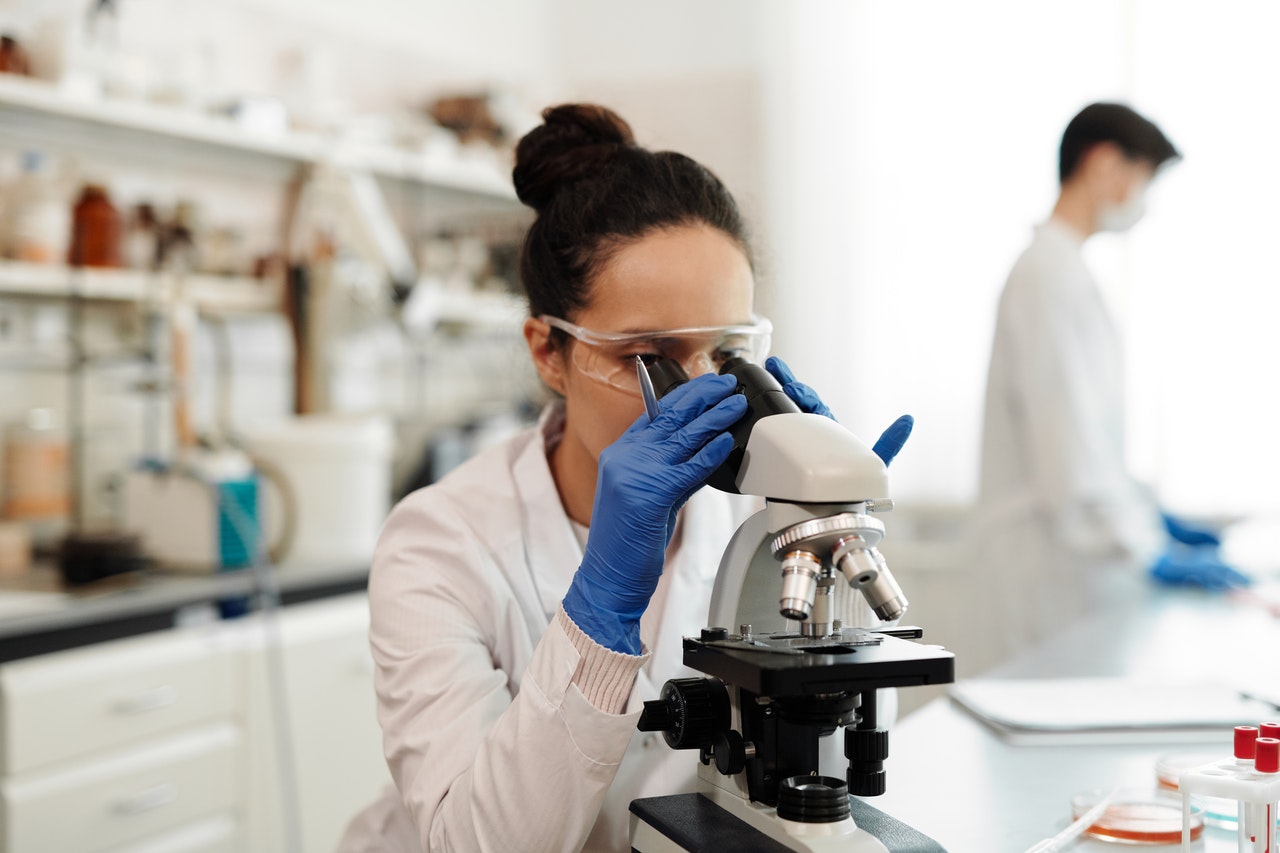
How Did We Get Here With DNA Diagnostics and Genetic Testing?
Twenty-five years ago, the things being accomplished today with DNA diagnostics were unimaginable, except perhaps in science-fiction novels. Then the United States pumped $3 billion into the Human Genome Project. The results unlocked the story of our genetic codes, and the world of DNA diagnostics was born.
It took time for scientists to decode all the information they discovered, but before long, people were ordering their genetic profiles and discovering interesting things about themselves. The testing abilities advanced rapidly, and soon, DNA diagnostics were available to consumers as possible predictors of disease.
To say DNA testing had an impact on solving crimes is quite an understatement. And it also helped right wrongs by proving the innocence of incarcerated individuals. To date, DNA testing exonerated 375 people, including some from death row.
DNA Diagnostics and Medical Conditions
DNA diagnostics has saved countless lives. One of the best-known developments was discovering the genetic mutation attributed to breast cancer. Genetic testing is used to determine a person’s chances of getting several types of cancer and diseases like Alzheimer’s.
Advanced genomic testing is helping improve treatment outcomes for patients diagnosed with cancer. With advanced genomic testing, the patient’s tumor undergoes a biopsy. Next, the cancer cells are isolated and extracted from the sample and the DNA is sequenced in the lab. Then, the result of the diagnostic is scanned for sequenced genetic profiles for abnormalities that dictate how the tumor functions. The results are compared to how other similar mutations responded to a particular therapy. As a result, this provides invaluable information to doctors in determining which treatment options are best for a patient.
DNA Diagnostics and Enhancements to Pediatric Care

The time to diagnose a condition decreases with information obtained from genetic testing in children. Genetic testing discovers treatable conditions instead of overlooking them. Furthermore, genetic screening may prevent the need for more invasive testing. In addition, with the information obtained from genetic tests, pediatricians can tailor care very specifically to the needs of their patients.
Genetic Testing’s Impact on Health and Wellness
DNA diagnostics and genetic testing have moved into the realm of preventive wellness health. Genetic testing can determine specific genes that affect how the human body processes carbohydrates, fat, protein, micro-nutrients, etc., and how specific genes determine the effectiveness of certain fitness activities.
The scientific understanding of the human genome helps develop tailored nutrition and exercise programs specific to an individual’s DNA. Consequently, people lose weight and get in shape faster as a result. In addition, the information helps individuals maintain a diet that helps them stay healthy, active, and live longer!
What’s Next for Genetic Testing and DNA Diagnostics?
Clinical trials are underway to see if gene therapy can help develop treatments for many types of disorders, including cancer and heart disease.
Advances in technology and molecular biology lab techniques opened up the fields of personalized medicine and pharmacogenomics. The ability to sequence an individual’s entire genome and evaluate the RNA and proteins in those genes led to cancer treatments specific for an individual’s and/or tumor’s genetics.
As scientists continue to discover more biomarkers, genetic knowledge allows for even more customization of medical care. And as future advances in genetic testing replace older methods of predicting prognosis, targeted therapy will only improve. Accordingly, the positive results are enormous when you consider the lives saved.
Recent advances are also helping to increase the understanding of complex disorders, including a variety of cancers. Without a doubt, more advances in genetic research will make DNA diagnostic test results available to all patients for detection and treatment of a variety of disorders. At the same time, insurance companies are slowly evolving to provide more coverage for genetic testing.
Many experts are saying genetic testing will be a cornerstone of medical care in the future. We may only be at the beginning of what could be a transformational change in how genetic testing improves healthcare.
How Psychē Systems Supports DNA Diagnostic Labs
At Psychē Systems, we provide laboratory information software for the unique workflows of DNA diagnostics. Our cloud-based systems streamline workflows and make labs performing genetic testing more efficient. Psychē Systems is a trusted resource of top DNA diagnostic labs for managing and storing critical information. We are proud to support laboratories in the DNA diagnostic field and are excited about the future possibilities of genetic testing!
For more information on our modern laboratory information systems, visit our website today!

